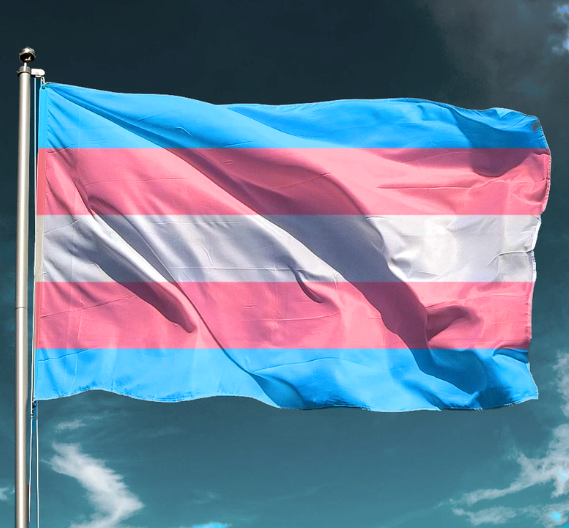Guidelines back diverse health
 New guidelines have been released to support transgender and gender diverse (TGD) people seeking healthcare in Australia.
New guidelines have been released to support transgender and gender diverse (TGD) people seeking healthcare in Australia.
“Rising demand for gender-affirming hormone therapy mandates a need for more formalised care of transgender and gender diverse (TGD) individuals in Australia,” say a team of experts, led by Dr Ada Cheung, an endocrinologist at Austin Health and the University of Melbourne.
“Estimates suggest that 0.1 to 2.0 per cent of the population are TGD, yet medical education in transgender health is lacking. We aim to provide general practitioners, physicians and other medical professionals with specific Australian recommendations for the hormonal and related management of adult TGD individuals.”
The experts have made seven main recommendations, published in the Medical Journal of Australia (MJA):
- hormonal therapy is effective at aligning physical characteristics with gender identity and in addition to respectful care, may improve mental health symptoms
- masculinising hormone therapy options include transdermal or intramuscular testosterone at standard doses
- feminising hormone therapy options include transdermal or oral estradiol; additional anti-androgen therapy with cyproterone acetate or spironolactone is typically required
- treatment should be adjusted to clinical response. For biochemical monitoring, target estradiol and testosterone levels in the reference range of the affirmed gender
- monitoring is suggested for adverse effects of hormone therapy
- preferred names in use and pronouns should be used during consultations and reflected in medical records
- while being TGD is not a mental health disorder, individualised mental health support to monitor mood during medical transition is recommended
“Gender-affirming hormone therapy is effective and, in the short term, relatively safe with appropriate monitoring,” Cheung and colleagues wrote.
“Further research is needed to guide clinical care and understand long term effects of hormonal therapies.
“We provide the first guidelines for medical practitioners to aid the provision of gender-affirming care for Australian adult TGD individuals.”







 Print
Print